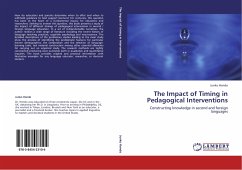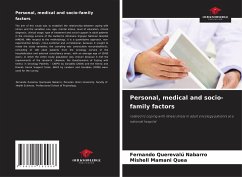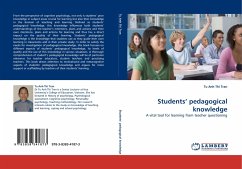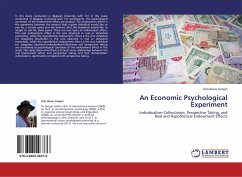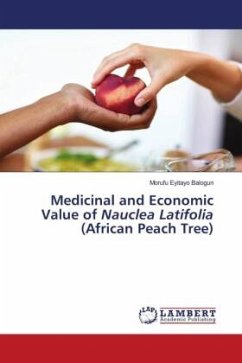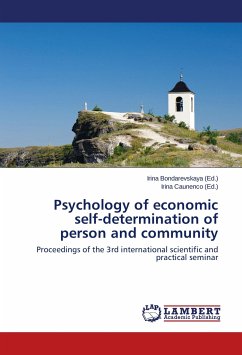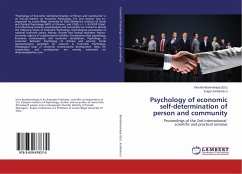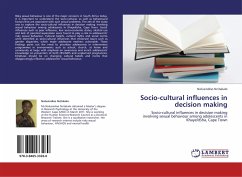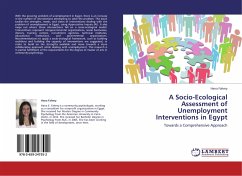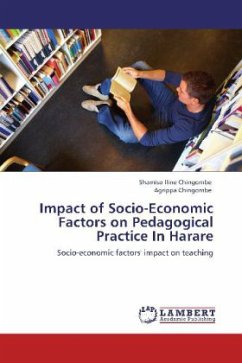
Impact of Socio-Economic Factors on Pedagogical Practice In Harare
Socio-economic factors' impact on teaching
Versandkostenfrei!
Versandfertig in 6-10 Tagen
39,99 €
inkl. MwSt.

PAYBACK Punkte
20 °P sammeln!
Zimbabwean economic history went through excruciating phases from 2000-10. The hyperinflation which broke the world history affected performance of many industries including the teaching fraternity. The hyperinflation reached alarming levels during this era. This was followed by the introduction of multi-currency as a way to curb the skyrocketing inflation of the country's economy.The study focused on the impact of social-economic factors on secondary school teachers in Harare. Four secondary schools from low and high density suburbs were used. The results showed that some teachers were negati...
Zimbabwean economic history went through excruciating phases from 2000-10. The hyperinflation which broke the world history affected performance of many industries including the teaching fraternity. The hyperinflation reached alarming levels during this era. This was followed by the introduction of multi-currency as a way to curb the skyrocketing inflation of the country's economy.The study focused on the impact of social-economic factors on secondary school teachers in Harare. Four secondary schools from low and high density suburbs were used. The results showed that some teachers were negatively affected to the extent that most of their time was devoted to extra jobs as a means to supplement their meager salaries at the expense of their school children. In a bid to eschew and curb further exodus of teachers and retain quality of education employers introduced incentives. These incentives were viewed as a booster and panacea to effective teaching.However some discrepancies on the awarding of incentives were noted depending on the school location. This also compromised performance.



